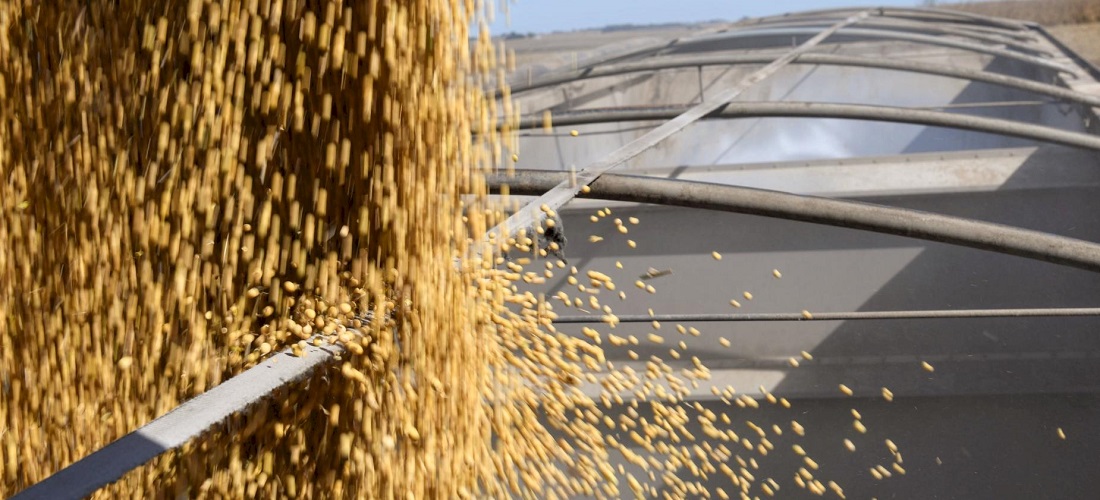
Soy moratorium is “absurd” but a private sector issue, says minister
Nov, 13, 2019 Posted by Sylvia SchandertWeek 201947
The Soy Moratorium, a pact between tradings and industries not to buy oilseed grown in deforested areas in the Amazon after 2008, was criticized on Tuesday (11/12) by the Minister of Agriculture, Tereza Cristina.
In an interview with journalists in Paraná, she described the moratorium, which has existed for over ten years, as “nonsense”, arguing that the country has strict laws to determine where it can grow soy.
The statement comes as the association of producers Aprosoja Brazil is making a move to end the moratorium, saying it has the support of President Jair Bolsonaro’s government to do so.
“Soy moratorium is a private affair, among private sector. I think it’s absurd, we have […] how to show where our soy is produced and whether it can be produced in that place,” said the minister, adding that the country’s Forest Code is already strict enough.
The Brazilian Forest Code, for example, allows an owner to use up to 20% of his land for agriculture in the Amazon region.
Sought ought this Wednesday (11/13) to comment on this issue, the Brazilian Association of Vegetable Oil Industries (Abiove), which brings together companies committed to the moratorium, declined to comment.
In her comments, Tereza said that Brazil has the most sustainable agriculture in the world, but sees it as a challenge to show it abroad, “for those who still insist in thinking that Brazil does not make its agriculture more sustainable.”
“We need to show them, we have to have clear data and prove it, so that today Brazil does not suffer as it has been suffering. That’s what I said: we need technology, say ‘look, it’s here, we do it right’. The farmer is not the one doing wrong in Brazil,” said the minister.
The moratorium, in turn, is considered by traders, oilseed processors, and environmental entities as important to limit the advance of soy in new areas of the Amazon Biome, preserving forests.
This year, when burning was the focus of the news, the Soy Moratorium was cited as an example of a program to prevent deforestation.
Commenting last Monday (11/11), during an event of the biodiesel sector, the president of Abiove, André Nassar, said that moratorium is the only tool of traders to monitor the eventual use of deforested areas in the Amazon to grain cultivation, and the policy will continue to be used.
Nassar agreed that there are already laws in Brazil that pave the way for other types of agricultural supervision in the Amazon, such as the Rural Environmental Registry (CAR), but said they still need to be fully implemented. He added that the development of this system and the proposition for its use are not roles of operators.
The Ministry of Agriculture states that the CAR is being implemented and the deadline for regularization of areas has been reopened.
A recent study by the NGO Imaflora and Trase says that of the 21.5m hectares of soybean plantations in the Amazon and Cerrado, approximately 2.6m hectares (12%) are in rural properties not yet registered with CAR.
According to the study, it is difficult to determine why some properties have not yet been registered, but it is possible that problems linked to compliance with the law, such as illegal deforestation or environmental liabilities, are likely motivations for non-registration.
Source: Reuters
-
Ports and Terminals
Dec, 21, 2023
0
Brazil’s São Paulo exported over BRL 20 bn worth of agricultural goods in 2023
-
Grains
Apr, 08, 2024
0
Soybean exports surge to record figure in first quarter of the year
-
Grains
Jun, 17, 2021
0
Exports from Mato Grosso more than double in 4 years
-
Other Cargo
Apr, 25, 2024
0
Dropping Fertilizer Imports Alarm Sector

